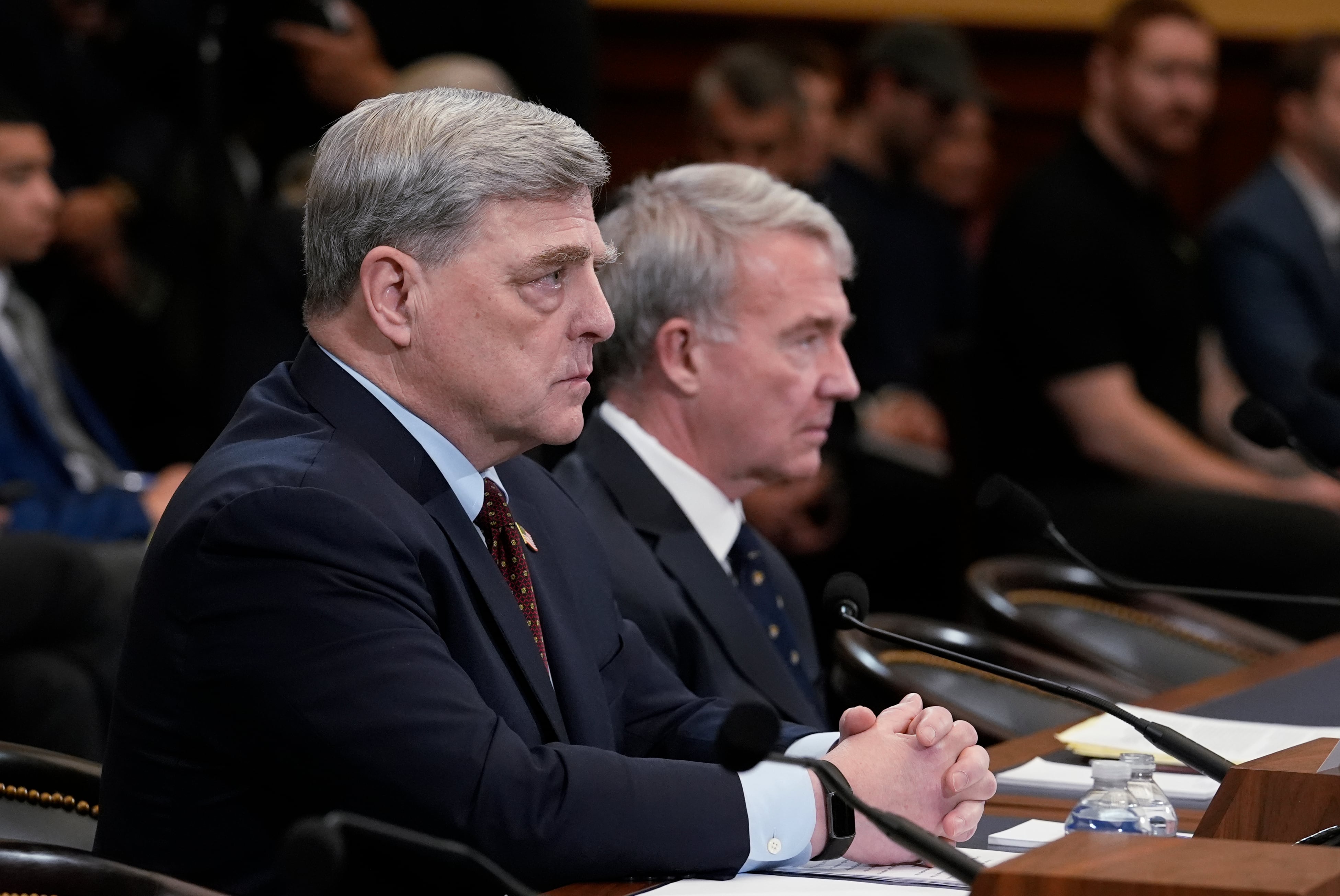Basic-branch lieutenant colonels of the Regular Army who have been passed over twice for promotion will be considered for possible involuntary early retirement by a board that meets in January.
The Enhanced Selective Early Retirement Board, or eSERB, is slated to begin deliberations Jan. 12 as part of the active-component drawdown for fiscal 2016.
Army Competitive Category lieutenant colonels who are on the Active Duty List, and who have two or more non-selections for O-6, and who are not on the ACC colonel list that was released in August, will be considered by the eSERB unless they are voluntarily retired before Jan. 12.
Officers who are selected by the board will be required to leave active duty sometime in early calendar 2017, unless they opt to leave sooner.
Separation board results normally take 90 days to 100 days to process before being approved by the secretary of the Army. The mandatory separation date will then be the first day of the 10th month after the secretary signs the early retirement list.
For example, if the secretary approves the eSERB list in April, selected officers will be required to leave service no later than Feb. 1, 2017.
Lt. Gen. James McConville, Army personnel chief, said the lieutenant colonel separations are needed to provide promotion opportunity to other officers coming up through the ranks.
"If lieutenant colonels who are passed over twice and allowed to stay in until 28 years (the normal tenure limit for O5s), then that won't allow us to get the promotion rates for other officers where we want them to be," said McConville, the Army G-1 and deputy chief of staff for human resources.
The Army ended fiscal 2015 on Oct. 1 with 491,000 soldiers on active duty, which is 41,000 more than the drawdown goal of 450,000 by 2018.
While a bulk of the reductions will be achieved through reduced accessions and natural attrition, McConville said it appears additional separation boards may be held in 2016 for senior warrant officers and captains. Details have not yet been announced.
The Qualitative Service Program remains as a drawdown option for senior noncommissioned officer management, "but we don't expect to do as many QSP (separations) as we have in the past," McConville said.
Lieutenant colonels who are selected by the upcoming eSERB who have fewer than 20 years of service may elect to remain on active until they reach retirement eligibility (20 years' service) under the provisions of federal law (10 USC, Sec 3911).
Officers who have at least 15, but fewer than 20 years of service may request voluntary early retirement under the Temporary Early Retirement Authority.
TERA, also known as the 15-year early retirement plan, has been authorized by Congress for use during the drawdown through fiscal 2018.
TERA is not an entitlement, but rather an option that to date has been limited to officers and NCOs who are being involuntarily separated from active duty because of the drawdown, or in the case of some officers, because of promotion non-selection.
Soldiers who are approved for TERA receive the same benefits as those who retire with 20 or more years of service, except that their retirement pay will be reduced accordingly.
Because retirements under TERA are voluntary, any unearned portions of monetary incentives, such as tuition assistance and bonuses, may be recouped from soldiers as they leave service.
Army budget documents submitted to Congress project that $46 million will be spent on TERA in fiscal 2016, with $29 million going to officers and $17 million to enlisted soldiers.
Separation pay is not authorized for officers selected by the eSERB. That is because they are eligible for a retirement annuity and associated benefits.
Officers who are retired as a result of eSERB selection will have their DD Form 214 discharge certificate annotated with the Separation Program Designator code "SCN – Early Retirement from Service."
Lieutenant colonels who have questions about the eSERB and related policies should contact their assignment branch at the Human Resources Command.
Here are some key points about the eSERB process:
• Under policy, eSERB findings are final once the selection list is approved by the secretary of the Army. There is no appeal process, and the Army will not conduct a standby board to reconsider board selections. Officers who believe their board file contained material error, or their selection is an injustice, can seek relief through the Army Board for Correction of Military Records.
• Officers who are notified of an eSERB selection while deployed should contact their assignment officer to arrange an early return for transition processing.
• The eSERB board will review performance documents in an officer's personnel file (the Army Military Human Resources Record), as well as Officer Record Brief, official photograph any derogatory information that may be filed in the restricted section of the record.
Derogatory information that may be submitted for review by the board include Uniform Code of Military Justice actions that have not been set aside, Army Suitability and Evaluation Board filings of unfavorable information, promotion list removal documents, and punitive or administrative letters of reprimand, admonition or censure.
• Officers who are in the zone of consideration may submit a letter to the eSERB regarding matters they feel are important in the consideration of their file. Such letters must arrive at the Human Resources Command before the board convenes.
• Code 9 "complete-the-record" officer evaluation reports are not authorized for the eSERB.





